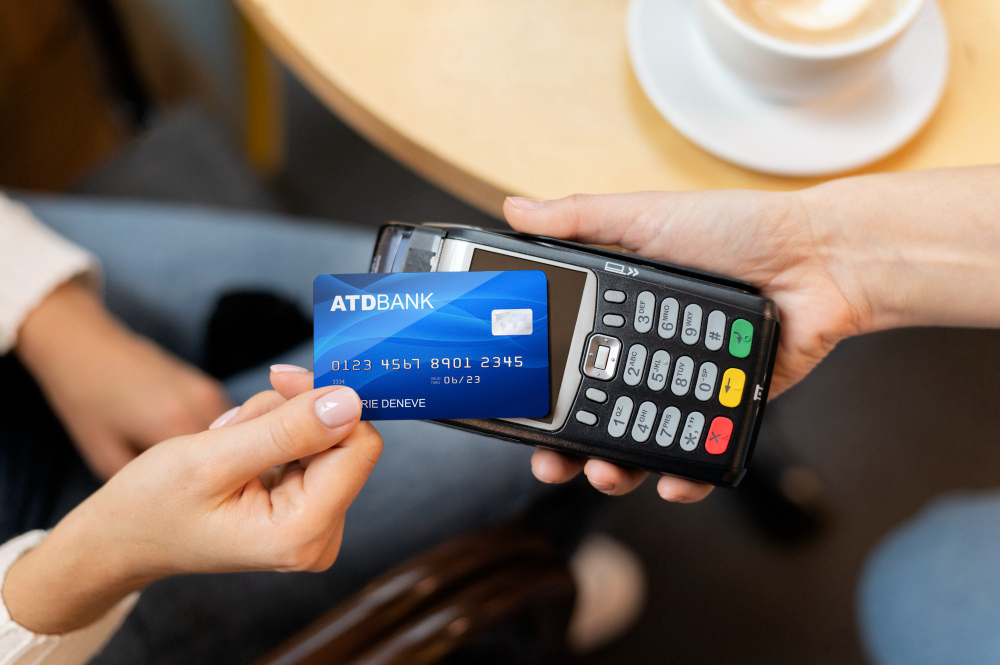Cashless transactions today are becoming more and more popular since safer, speedier and less cumbersome than transactions involving cash. However, cashless transactions, including the use of credit-cards often create a situation of overspending which in-turn leads to debts. Getting out of these can be time-consuming and expensive. You will have to pay interest rates in the range of 36-48 percent on the outstanding balance of a credit card (after rolling-over). Thus, it is advisable to keep tab on your spending’s and manage your financials wisely. Here are a few tips on how you can minimize the interests on your Credit Cards.
- Redepositing cash withdrawals made on credit-card
While credit-cards come with a privilege of instant money, it often creates a situation of overspending. If you must use your credit card to withdraw cash from ATMs, make sure to deposit the cash as quickly as possible because these withdrawals do not have an interest-free period. There may be a one-time fee, as well as interest charges that begin on the first day and continue until the loan is paid off.
- Pay-off cards in order of their interest rates
If you have credit card debt on numerous cards, some personal financial gurus advise paying them off in order of balance size, beginning with the lowest. The notion is that small victories will provide you with momentum and motivation. However, it will save you the most money if you pay off your credit cards in the order of their interest rates, beginning with the highest-rate card and working your way down.
- Convert debts to EMI Payments
Some banks let you to repay your obligations in Equated Monthly Instalments (EMI). However, if you skip a payment, the rate will revert to the original. When consumers select EMI, banks will provide rates ranging from 18% to 24% p.a. to their existing customers.
- Avoid making purchases on overdue cards
Don’t use a credit card for which you haven’t made a payment and the due date has passed. More purchases will raise the interest burden since you will be unable to take advantage of an interest-free credit term if the payment is rolled over.
- Avoid using credit-cards abroad
Using a credit card for foreign currency transactions is acceptable, but it may be costly. When using a credit card overseas, there will be conversion fees, and if used at an ATM, there will be an extra cost. Conversion fees might range between 3 and 5 percent. Alternatively, you can bring a forex card with you when travelling overseas to get better prices and keep your overall costs low.
- Consolidate your debt with 0% balance-transfer
If you owe more than you can pay off in the next few months, using a debt transfer card may be a good idea. When you transfer a balance, you shift your debt from one credit card to another, often one with a 0% interest rate for few months. Most cards will charge you about 3% of your amount to transfer your debt, however a few cards do not charge this cost or waive it for a limited period. You also cannot transfer debt across cards issued by the same company, such as from one HDFC card to another HDFC card.
Not able to repay your credit card loans, register and talk to our counsellors.

